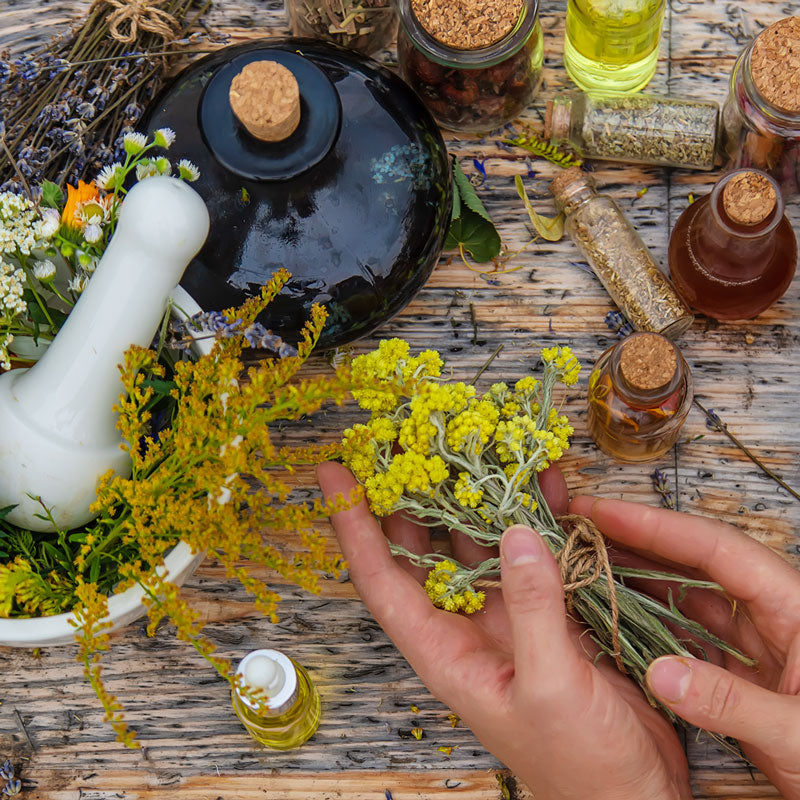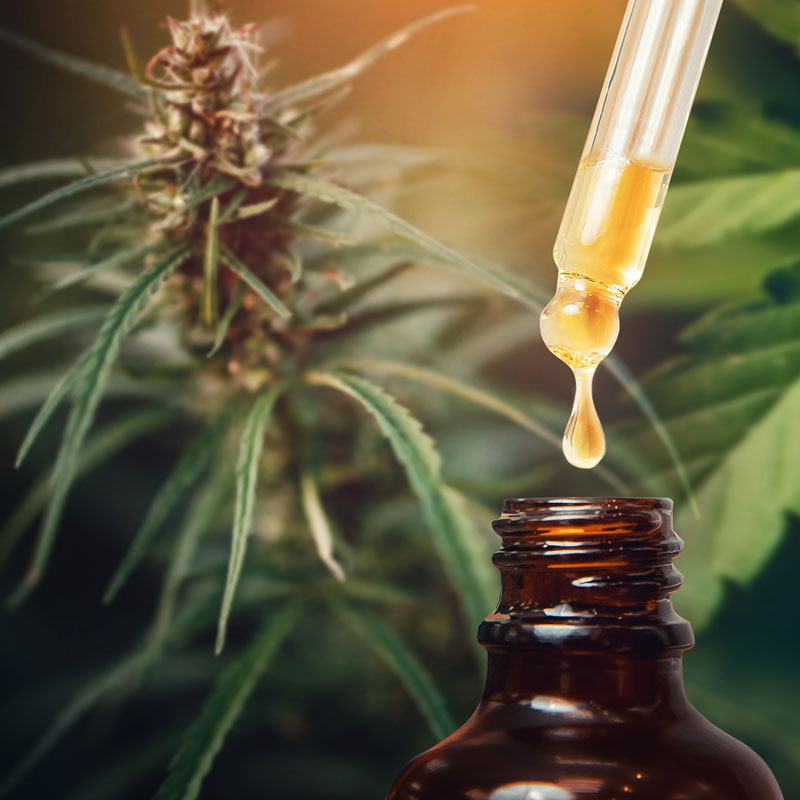Homemade Organic Willow Bark Tincture and Extract Recipe

What is Willow Bark?
Willow bark is derived from the outer layer of various species of willow trees, including white willow (Salix alba), black willow (Salix nigra), crack willow, and purple willow.
Willow bark contains salicin, a naturally occurring compound. Individuals with allergies to aspirin or salicylates or other medical conditions should exercise caution when using willow bark extracts or tinctures.
Historical and Traditional Uses of Willow Bark
Many ancient civilizations, including the Egyptians and Native Americans, incorporated willow bark extracts into their herbal traditions.
In modern times, willow bark continues to be included in herbal preparations.
Preparing Willow Bark for Tincture or Extract
- Clean the willow bark thoroughly with warm water. Do not use soap.
- Dry freshly harvested willow bark completely. Store-bought willow bark is typically pre-dried and ready for use.
- Cut or break large pieces of willow bark into smaller sections to maximize surface area for extraction. While powdered willow bark can be used, grinding is not necessary.

Best Practices for Storing Your Willow Bark Tincture
Store your willow bark tincture in an amber glass bottle, away from sunlight and heat. Proper storage helps maintain quality for up to two years. Keep the bottle sealed tightly to prevent oxidation or evaporation.
Responsible Use of Willow Bark Tincture
Begin with small amounts when using willow bark tincture. Always consult a qualified healthcare provider before using botanical extracts, especially if you have aspirin sensitivities or take blood-thinning medications.

Disclaimer:
No health claims are made in this blog post. Please consult medical professionals before deciding to make or consume the tinctures and extracts discussed.









